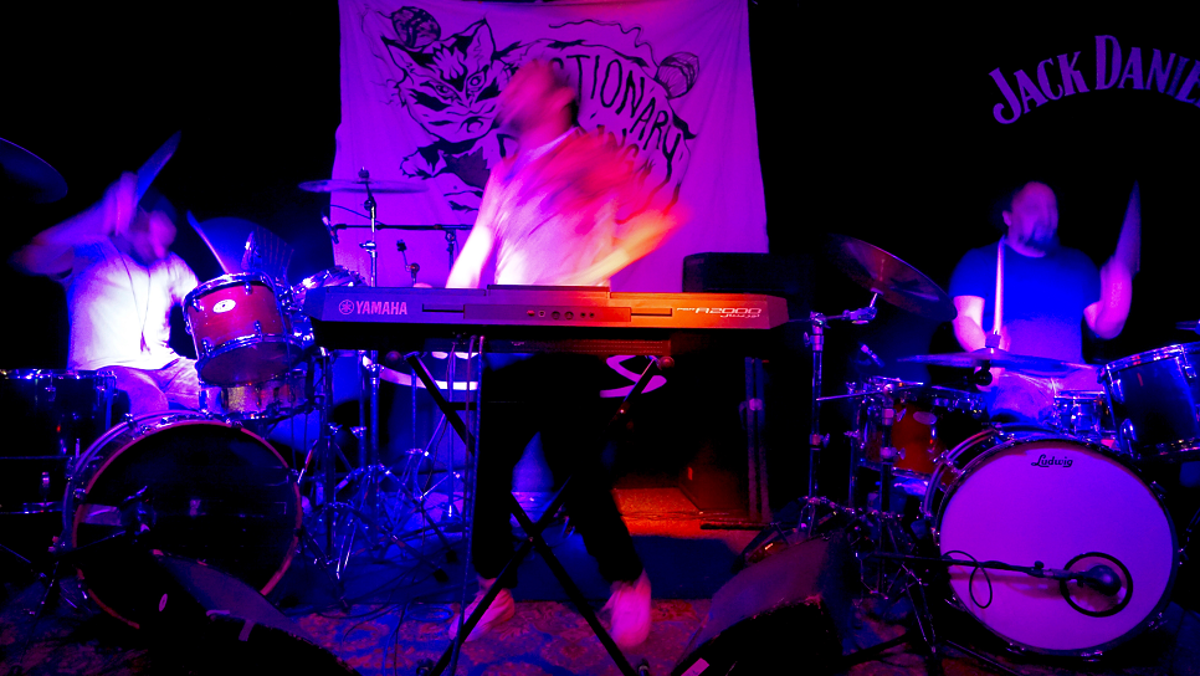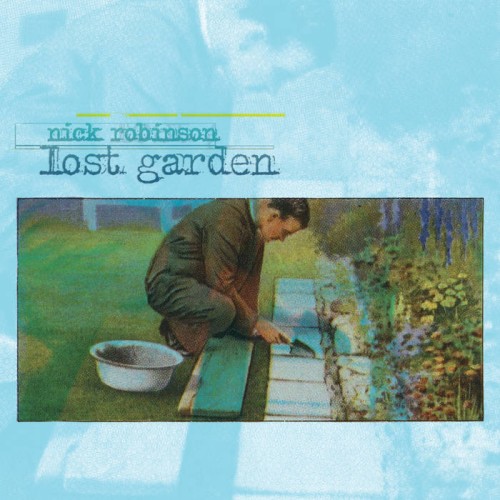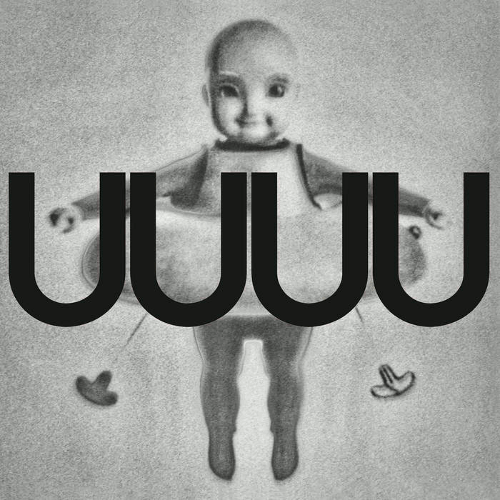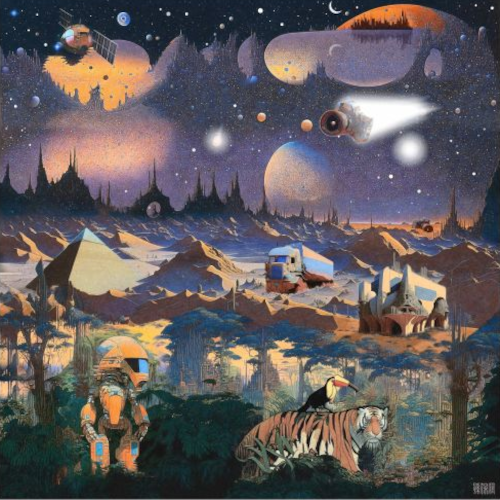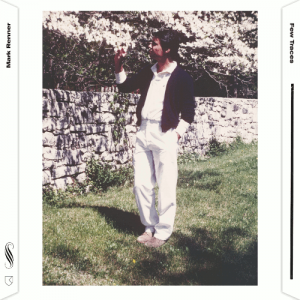 Mark Renner was a mystery name to me, and because of that I must admit to an element of surprise at the attention lavished on the packaging by RVNG on this collection of tracks. The tracks date from electronic music’s halcyon days of the 1980s and cover Mark’s initial foray into recorded sound in 1982 up to the point where he seems to have put music to bed in 1990.
Mark Renner was a mystery name to me, and because of that I must admit to an element of surprise at the attention lavished on the packaging by RVNG on this collection of tracks. The tracks date from electronic music’s halcyon days of the 1980s and cover Mark’s initial foray into recorded sound in 1982 up to the point where he seems to have put music to bed in 1990.
Spread over twenty-one tracks, Mark’s musical output tends to fall into two categories: instrumental keyboard led motifs light as a dust mote and shining with light, or vocal and guitar-based ambient pop songs. The opener “Riverside” is taken from his self-released 1986 LP All Walks Of This Life and finds a simple, drifting keyboard motif hanging in the air above your head. I am transported to an empty chapel somewhere. The sun is shining through the windows and the dust is caught in those rays of light. If those dust-infused rays could be music, then they would sound like this.
Although it has a modern electronic sound, there is an ageless feel to the music and to a certain extent it could be placed on a par with the kind of dreamscapes concocted by the likes of Harold Budd and Roedelius. There is a gentle, pastoral feel that is quite lovely and would suit the sort of day when lying in the sun having your hair stroked by a kindly friend is in order. When more force is injected, as per the following track “Saints And Sages” (originally released in 1984 on 7″ vinyl), thankfully it does not upset the mood. The song swings a little and the crystalline guitar is accompanied by a silver lining of feedback thrumming in the background. Mark’s voice is not quite baritone, but is a gentle and slightly tremulous. The song is simple but the tone and feel is lovely. The guitar is a little Cure-like, but this is 1984 after all and when the guitar break comes mid-way through the song, it is as if there are open skies above and that in turn opens your heart.
As time progressed so some of the ideas became more adventurous. There are bongos and trumpet on the coastal sunset vignette of 1990’s “A Fountain In The Cloister”, which lend a touch of drama and also change the mood ever so slightly. The random, edgy drumbeats in the background join forces with the descending keyboard drone to infuse some new energy and ensure that we are not lulled too much. “James Cowie” extends the mood and against the church organ vibes of the main motif, things are crashing and breaking in the background, jarring the listener and upsetting the tranquillity.
After listening to Few Traces a couple of times, I realised that the track “The Sun In His Head, A Storm In His Heart” featured a live recording of a Scotsman reading a poem to which Mark had added beatless, Angelo Badalamenti-style vibes. It is breezy and warm, but there is something slightly unnerving about the soft bursts in the background. On reading the booklet, it transpires that the poet is none other than Richard Jobson and is a further example of the link Mark made with The Skids on writing to Stuart way back in 1980. This track works really well, and to a certain extent I was left wishing that there were more of those poetry experiments to be had. This would have been a fantastic direction in which he could have travelled.By the time his 1990 album was released, Mark was working delivering parcels and moving more into painting and sculpture; a real renaissance man, but one that should be eminently proud of the musical legacy he has left behind, one that is well worthy of this compilation. There is a lovely image of him on the front cover of the album standing on a sunny garden, picking blossom from a tree set against a white wall. Whether this was an attempt to emulate in some way the cover of John Foxx’s The Garden, I don’t know, but the album as a whole has that same sort of distantly romantic and sunny air, the use of modern technology and the solitary nature not detracting from the humanity of the man.
There is a lot on offer on Few Traces, and if you are the sort of person that revelled in the pastoral shades of Felt or bathes in the glow of some of Brian Eno‘s work as well as thrilling to John Foxx’s ideas, there is plenty here for you — so dive in to this warm, gentle pool.-Mr Olivetti-
Watch Maia Stern‘s documentary about Mark Renner below:
